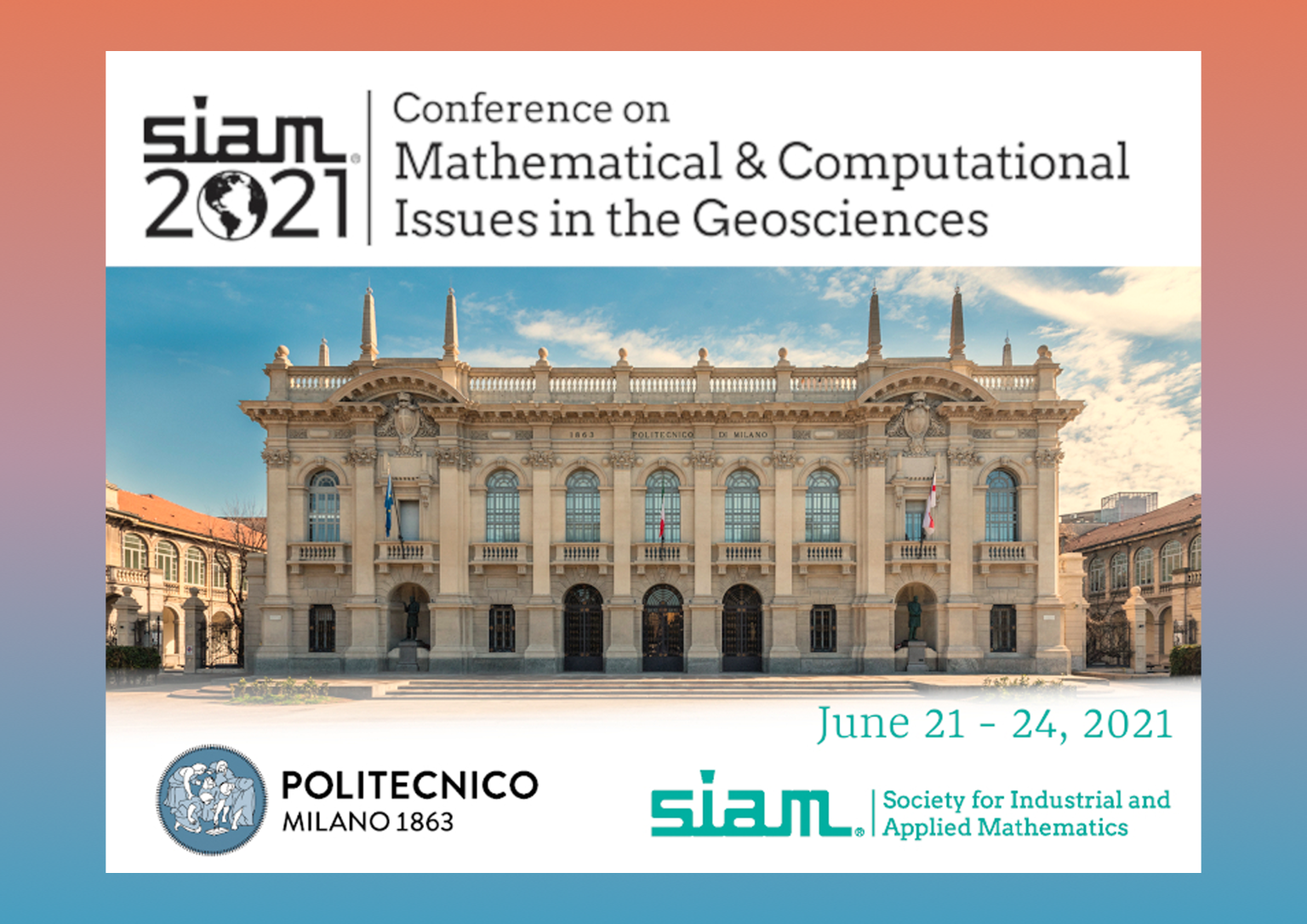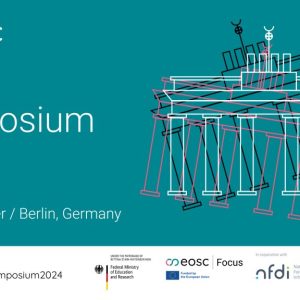Finn Løvholt presented “Development of a Digital-Twin for Probabilistic Tsunami Forecasting” at the SIAM Conference on Mathematical and Computational issues in the Geosciences.
Abstract. A new Digital Twin (DT) for Probabilistic Tsunami Forecasting (PTF) presently under development is presented here. The first version of this DT is a PTF that combine early estimation of earthquake parameters with large ensembles of urgent shallow water tsunami propagation simulations using the Tsunami-HySEA model (Selva et al. 2021, Nature Commun.). In this first PTF, earthquake information is conveyed to the tsunami model only during forecasting initiation. For the new Digital Twin, continuous data assimilation for an extended set of data sources (e.g. improved earthquake solutions, sea level tsunami data, GNSS) will enable a close to real time synthesis of data products and modelling, updating the model based on the incident data stream. In addition, the DT will be modularised to allow for including improved wave and source physics through dispersion, non-hydrostatic generation, inundation improved earthquake physics, and cascading earthquake triggered landslide tsunamis. In the presentation we will present the first version of the PTF, followed by an outline of the design of the new digital twin, as well as briefly describing the present status and plans for further development. This work is supported by the European Union’s Horizon Europe Research and Innovation Program under grant agreement No 101058129 (DT-GEO, https://dtgeo.eu/).




